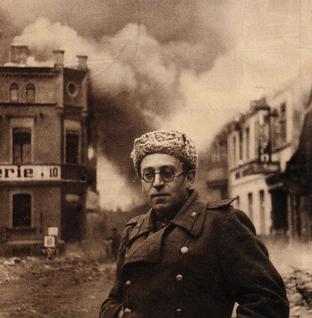A Quote by Ta-Nehisi Coates
Well into the 20th century, black people spoke of their flight from Mississippi in much the same manner as their runagate ancestors had.
Related Quotes
I was just an infant when [Fannie Lou] Hamer spoke - barley even awake in the world. But here she was, pressing the Democratic Party to refuse to recognize the all-white Mississippi delegation, because obviously there was no way Mississippi could have an all-white delegation. Black people had been kept from registering through violence and intimidation. She had experienced that violence herself and was there to speak about it and to insist the delegation of the Mississippi Freedom Democratic Party be recognized instead.
In the 20th century, we had a century where at the beginning of the century, most of the world was agricultural and industry was very primitive. At the end of that century, we had men in orbit, we had been to the moon, we had people with cell phones and colour televisions and the Internet and amazing medical technology of all kinds.
A dining club which I was involved in at Oxford University invited Sir Isaiah Berlin to dinner, who I believe was probably the greatest liberal philosopher in the 20th century. I sat beside him and we spoke about liberal philosophy and the events of the 20th century all night over dinner - it was unforgettable!
D-Day represents the greatest achievement of the american people and system in the 20th century. It was the pivot point of the 20th century. It was the day on which the decision was made as to who was going to rule in this world in the second half of the 20th century. Is it going to be Nazism, is it going to be communism, or are the democracies going to prevail?
I was really interested in 20th century communalism and alternative communities, the boom of communes in the 60s and 70s. That led me back to the 19th century. I was shocked to find what I would describe as far more utopian ideas in the 19th century than in the 20th century. Not only were the ideas so extreme, but surprising people were adopting them.
Taking photographs is generally an act of 'looking at the object, whereas 'being seen' or 'showing' is what is most interest to one who does a self-portrait...self-portraits deny not only photography itself but the 20th century as an era as well...an inevitable phenomenon at the end of the 20th century.
In the 19th century it was basically nationality and people trying to define their nationalism and create states which would reflect their nationalism. In the 20th century, ideology came to the fore, largely, but not exclusively, as a result of the Russian Revolution and we have fascism, communism and liberal democracy competing with each other. Well that's pretty much over.

































